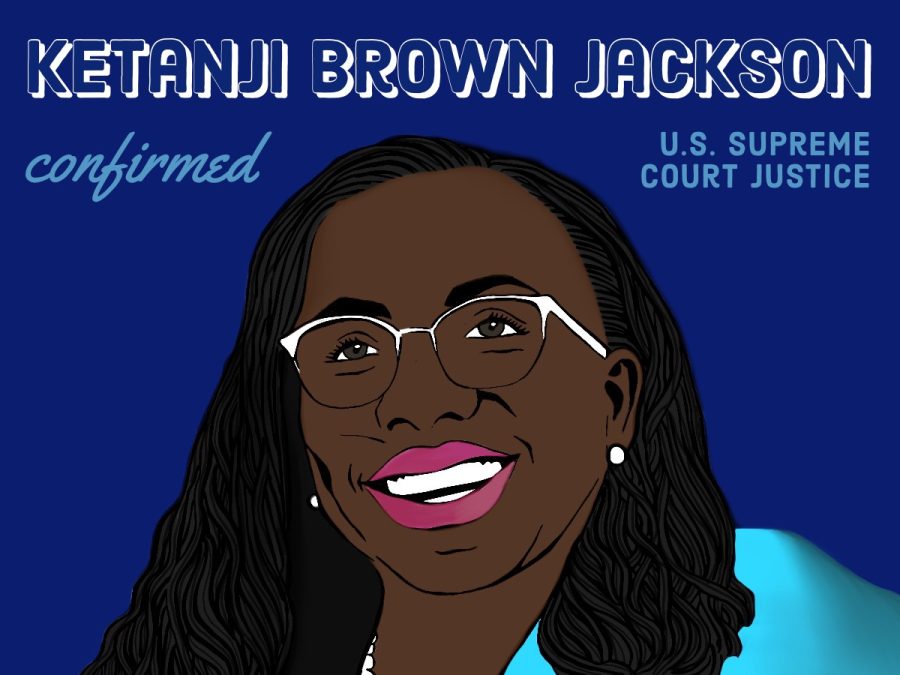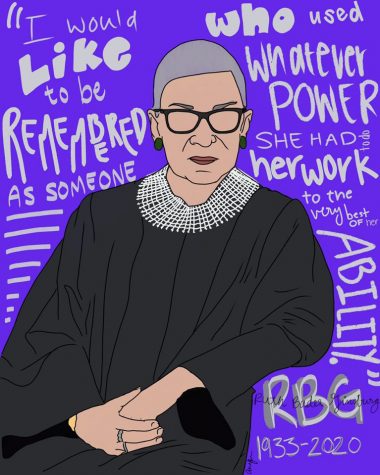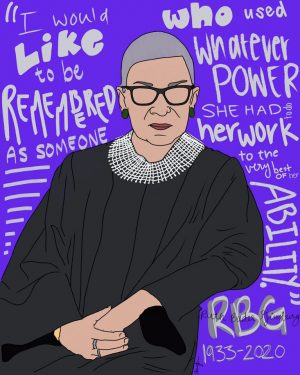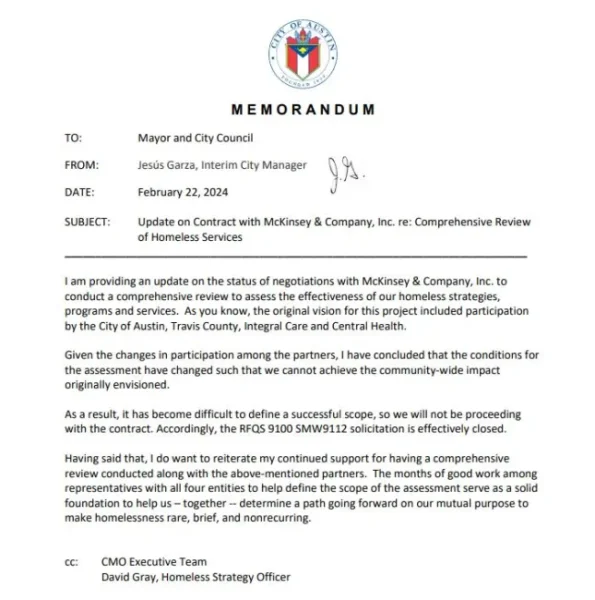Ketanji Brown Jackson’s historic confirmation to Supreme Court inspires, reassures
The newest confirmed nominee to SCOTUS will be the first Black woman on America’s highest court
Judge Ketanji Brown Jackson will become the 116th Supreme Court justice when she is sworn in this summer.
May 11, 2022
Junior Jamie Miller recalls seeing her little cousin’s eyes light up when he watched the movie Encanto and felt represented on screen for the first time. She has that same feeling now that a Black woman is poised to take the United States Supreme Court bench. According to Miller, representation matters—from Disney movies to the Supreme Court of the United States.
Judge Ketanji Brown Jackson was confirmed to the United States Supreme Court on April 7. When she assumes office in late June or July, she will replace Justice Stephen G. Breyer to become the 116th Supreme Court justice. As the first Democratic appointee in 13 years, the 51-year-old Jackson is expected to bring a new perspective and voice to the Supreme Court in a time of public scrutiny.
We’ve taken another step toward making our highest court reflect the diversity of America.
— President Joe Biden
Jackson’s confirmation to the Court will be historic in more ways than one, marking the first time four out of nine seats are filled by female justices, with two seats filled by Black Americans. Before Jackson, only five women and three Black Americans had ever sat on the bench.
To Miller, having someone who she believes understands from personal experience the problems Black women face.
“I am a Black, feminine presenting person,” Miller said. ”To finally see that on a really high piece of government is such a ‘holy crap!’ There’s actually someone who can represent me there. There’s someone who will actually understand the problems that Black women face firsthand.”
President Joe Biden, who nominated Jackson, acknowledged the significance of her confirmation.
“Judge Jackson’s confirmation was a historic moment for our nation,” Biden said in a tweet on April 7. “We’ve taken another step toward making our highest court reflect the diversity of America. She will be an incredible Justice, and I was honored to share this moment with her.”
Thank you, Justice Jackson, for giving Black girls and women everywhere—including my daughters—a new dream to dream, a new path to forge, and a future we can all be hopeful for.
— Michelle Obama
But the road to Jackson’s historic confirmation was not easy. Her 23 hours of confirmation hearings were filled at times with polarizing questions and criticism of her judicial record. Sen. Ted Cruz, a Republican from Texas, asked Jackson if “babies are racist,” connecting the question to a children’s book that explores the role of racism in society. Jackson responded that no child should be made to feel racist or as though they are worth less than others. Sen. Marsha Blackburn, a Republican from Tennessee, asked Jackson to define the word “woman.” When Jackson could not, Blackburn appeared displeased and alluded to litigation over gender identity and transgender rights that could reach the Supreme Court in future terms.
Republican senators including Senate Minority Leader Mitch McConnell also accused Jackson of sentencing criminals with light punishments including child-pornography offenders and exceeding the scope of judicial authority during her time on the U.S. Court of Appeals for the D.C. Circuit.
But Democrats continued to support Jackson, inside and out of the Senate. Michelle and Barack Obama showed their support for Jackson on social media.
“I was so moved to see Justice Ketanji Brown Jackson confirmed this afternoon,” Michelle Obama said in an Instagram post on April 7. “Like so many of you, I can’t help but feel a sense of pride—a sense of joy—to know that this deserving, accomplished Black woman will help chart our nation’s course. So many women of color now have a new role model to look up to as she serves on the highest court of the land. Thank you, Justice Jackson, for giving Black girls and women everywhere—including my daughters—a new dream to dream, a new path to forge, and a future we can all be hopeful for.”
The American Bar Association awarded Jackson a “Well Qualified” rating, the highest honor offered. A Marquette University Law School national survey found that 66% of adults would support the nomination of Jackson to the Supreme Court if they were senators.
Even in the darkest times, there are bright lights. Today is one of the brightest lights. Let us hope it’s a metaphor, an indication of many bright lights to come.
— Senate Majority Leader Chuck Schumer
Jackson received bipartisan support in the final vote, which was presided over by Vice President Kamala Harris, and was approved 53-47. Three Republican senators, Susan Collins of Maine, Lisa Murkowski of Alaska and Mitt Romney of Utah joined Democrats in support of Jackson. The previous Supreme Court nominee, Amy Coney Barrett, received no Democrat votes.
“My support rests on Judge Jackson’s qualifications, which no one questions; her demonstrated judicial independence; her demeanor and temperament; and the important perspective she would bring to the court as a replacement for Justice Breyer,” Murkowski said. “It also rests on my rejection of the corrosive politicization of the review process for Supreme Court nominees, which, on both sides of the aisle, is growing worse and more detached from reality by the year. While I have not and will not agree with all of Judge Jackson’s decisions and opinions, her approach to cases is carefully considered and is generally well-reasoned.”
Although Harris, the first woman of color to hold the position and one of only 11 Black senators in American history, presided, no Black women had a vote as none currently serve in the Senate. During Jackson’s confirmation, Harris approached Cory Booker and Raphael Warnock, the only Black Democrats in the Senate, and encouraged them to write letters to two young Black girls in their lives. Warnock wrote a letter to his daughter on vice president stationary, telling her that she could achieve anything she sets her head and heart to do.
“When I presided over the Senate confirmation vote yesterday, while I was sitting there, I drafted a note to my goddaughter, ‘ Harris said. “And I told her that I felt such a deep sense of pride and joy and about what this moment means for our nation and for her future. And I will tell you, her braids are just a little longer than yours.”
When the Supreme Court decides on issues involving affirmative action, elections and LGBTQ+ rights in its next term, Jackson will bring more than just diversity. Although the Court will maintain its conservative majority, Jackson will be the first justice with experience as a public defender and will bring in a new perspective stemming from her interaction with criminal defendants, a group that is disproportionately composed of people of color.
It has taken 232 years and 115 prior appointments for a Black woman to be selected to serve on the Supreme Court of the United States. But we’ve made it. We’ve made it. All of us.
— Judge Ketanji Brown Jackson
Despite the diversity and experience Jackson would bring to the court, her confirmation elicited very different reactions from Republicans and Democrats. After Harris announced the final vote, half of the Senate chamber gave a standing ovation and the other half walked out. Members of the Congressional Black Caucus gathered on the Senate floor in support of Jackson.
“Even in the darkest times, there are bright lights,” Senate Majority Leader Chuck Schumer of New York said on the Senate floor. “Today is one of the brightest lights. Let us hope it’s a metaphor, an indication of many bright lights to come. How many millions of kids in generations past could have benefited from such a role model?”
Jackson recognized the importance of her confirmation in a speech at the White House on April 8. Citing her dedication to public service, Jackson described her immense love for America and the Constitution and her family’s single generation shift from segregation to the Supreme Court of the United States. In acknowledgment of the impact her appointment has on certain young Americans, Jackson named Dr. Martin Luther King Jr., Thurgood Marshall and Constance Baker Motley, the first Black woman to assume the position of a federal judge, as her own role models.
“It has taken 232 years and 115 prior appointments for a Black woman to be selected to serve on the Supreme Court of the United States,” Jackson said. “But we’ve made it. We’ve made it. All of us. All of us.”
Miller said it feels amazing to see someone who looks like her on the highest court in America. She sees Jackson as someone who can be an authentic voice for Black women all over the nation. Miller believes Jackson’s success has empowered and amplified the voices of a group of people often marginalized.
First Black woman on the court. That makes me feel like I can get there. — Jamie Miller
“There are certain things you experience as a person of color that you know other people of color experience,” she said. “I had to explain this to my dad earlier. You can understand and study that perspective, but a white person will never live that perspective. Her being there is like, she’s lived it. She didn’t have to study it. She didn’t have to read lots of books. She experiences it every day.”
According to Miller, many teens in her community don’t put much trust in the governmental systems that govern their daily lives, let alone a federal court over 1,000 miles away. At least for Miller, Jackson’s appointment has restored a “crumb” of faith. But according to Miller, there’s still a lot more work that needs to be done to make politics a space for all. She hopes that Jackson’s appointment will inspire more African American youth to become politicians and work to make the country a better, safer place for everyone.
“There’s always that thought in the back of your head like, ‘What if I ran for city council? What would I do? If I were president, what would I do?’” Miller said. “This is a feeling of, ‘You can achieve this, this is something that is possible for you.’ That’s another reason why representation matters so much. Because, like, first Black woman on the court. That makes me feel like I can get there.”






















Zo'Riyah Clay • May 25, 2022 at 10:37 am
I really enjoyed this article! This article inspired me, to always chase my dreams whether the obstacle.
Tate Jones • May 23, 2022 at 2:02 pm
This article includes a lot of great facts and detail. So glad someone covered this as it is such an important topic.
Xel-Ha Montejano-Granados • May 19, 2022 at 10:00 am
I’m so glad we made an article covering this it’s truly historical for the first black woman on the supreme court. With everything being a mess with abortion rights and the unfairness recently of the supreme court I hope this can be a step forward instead of back.